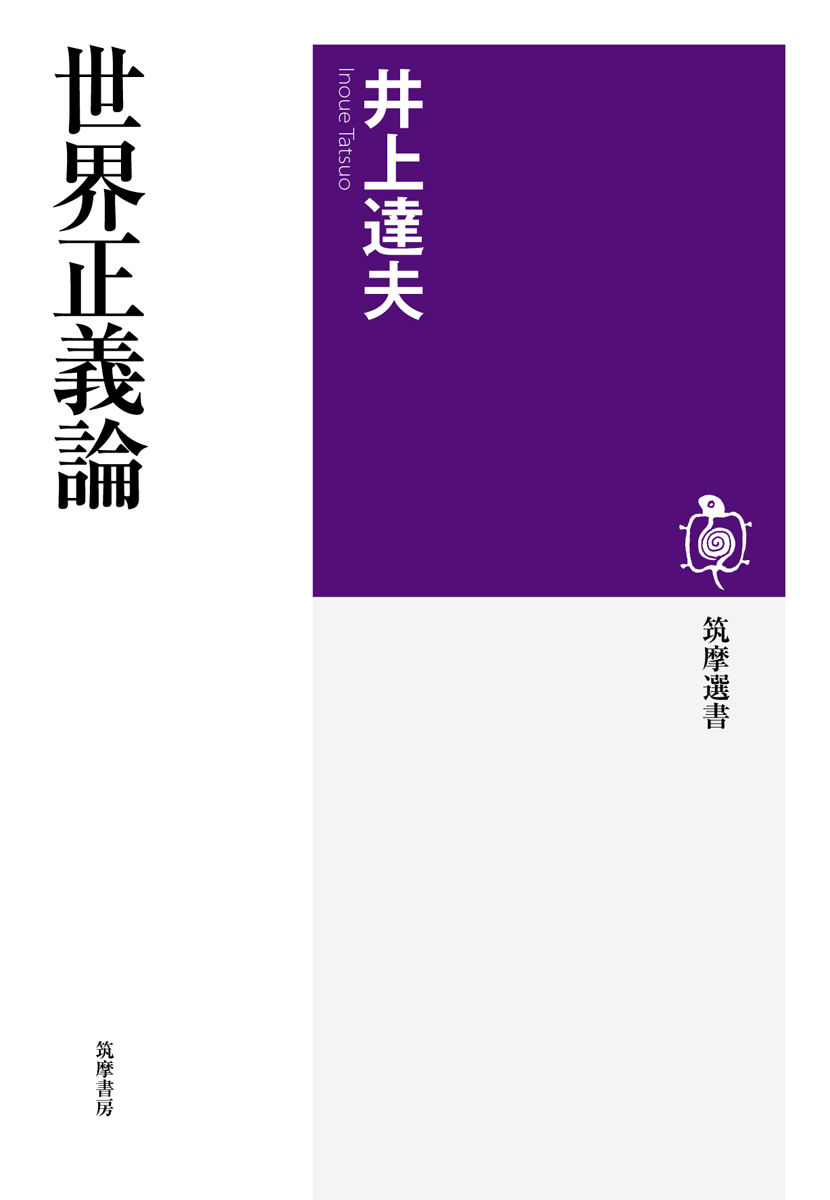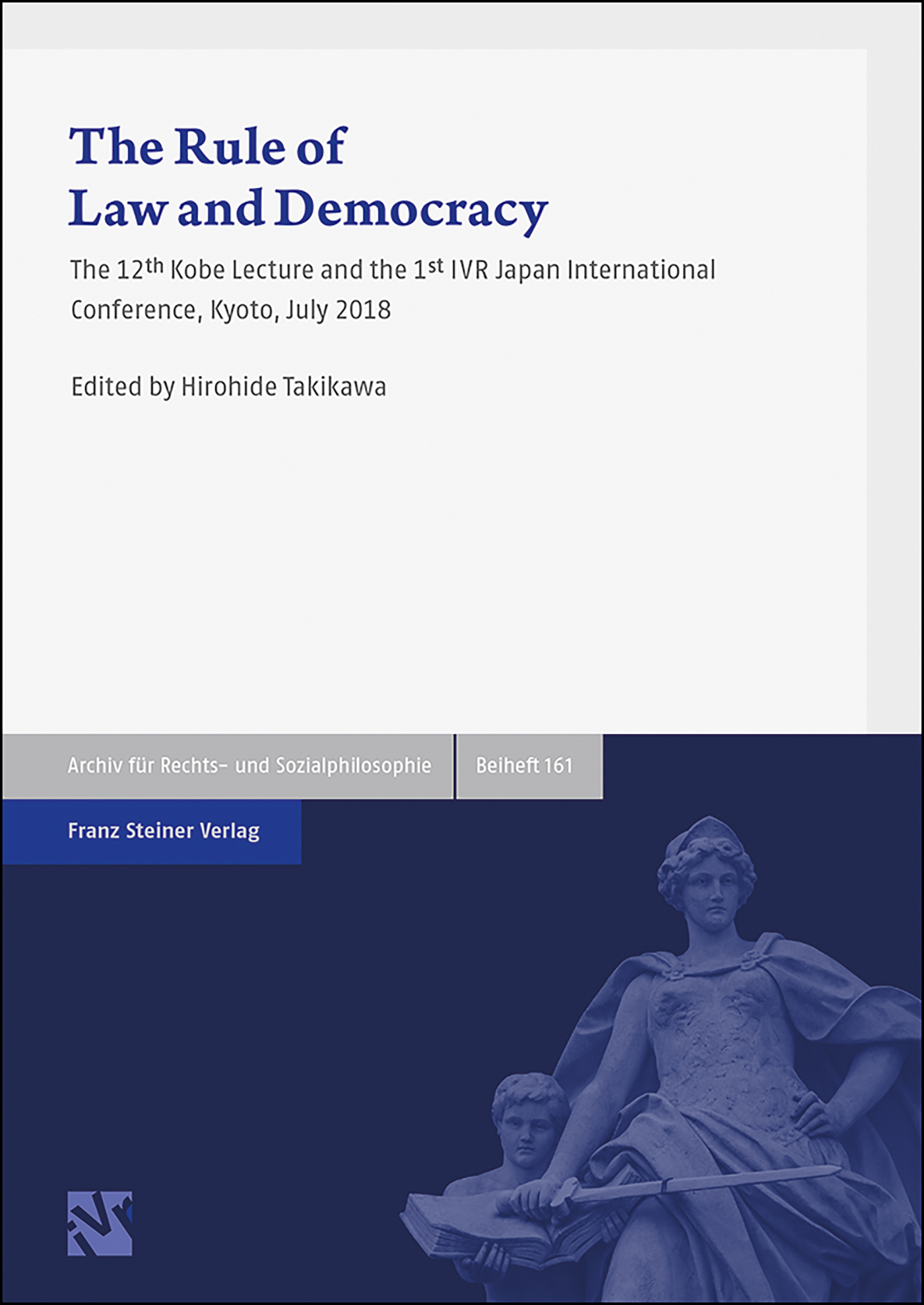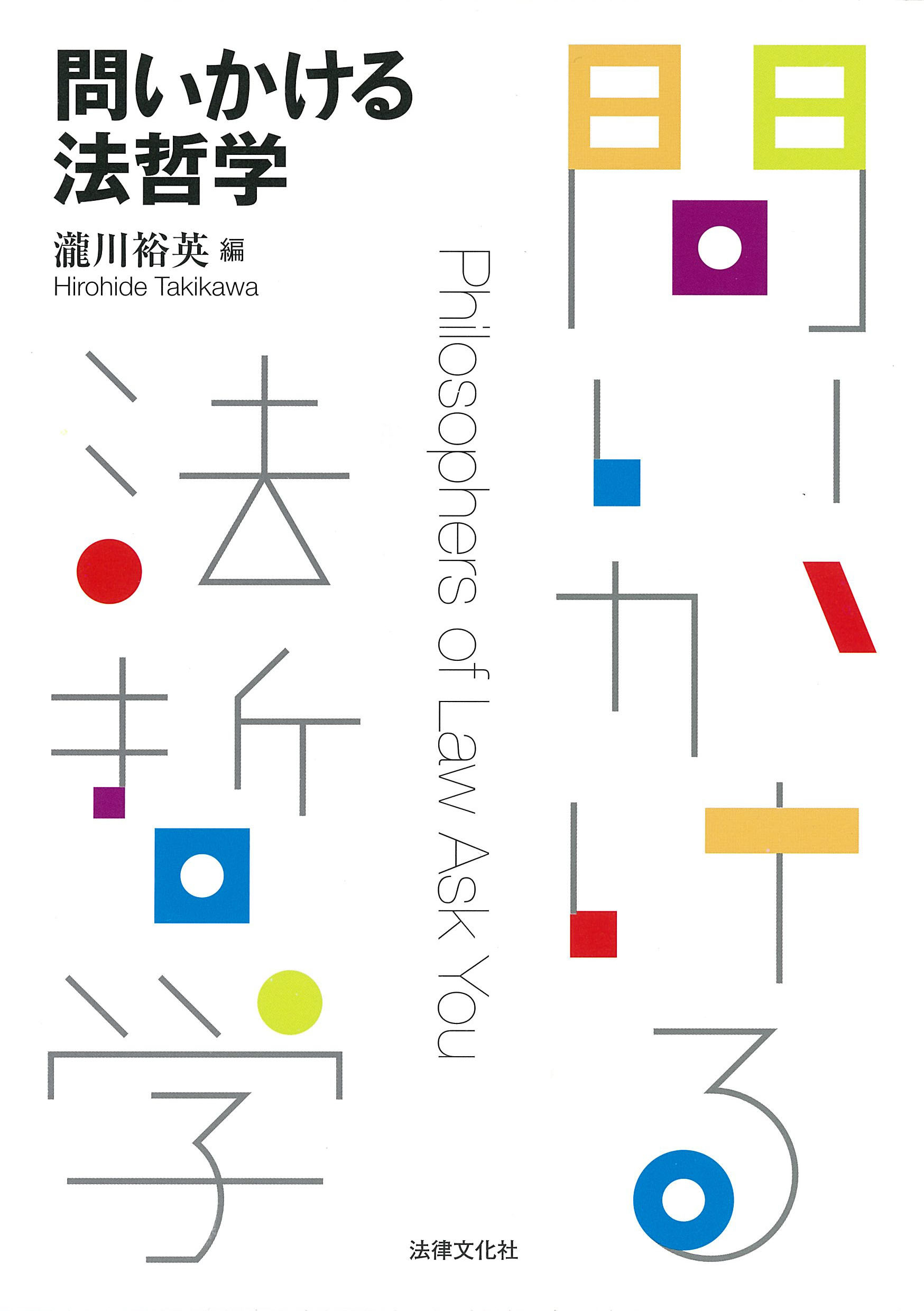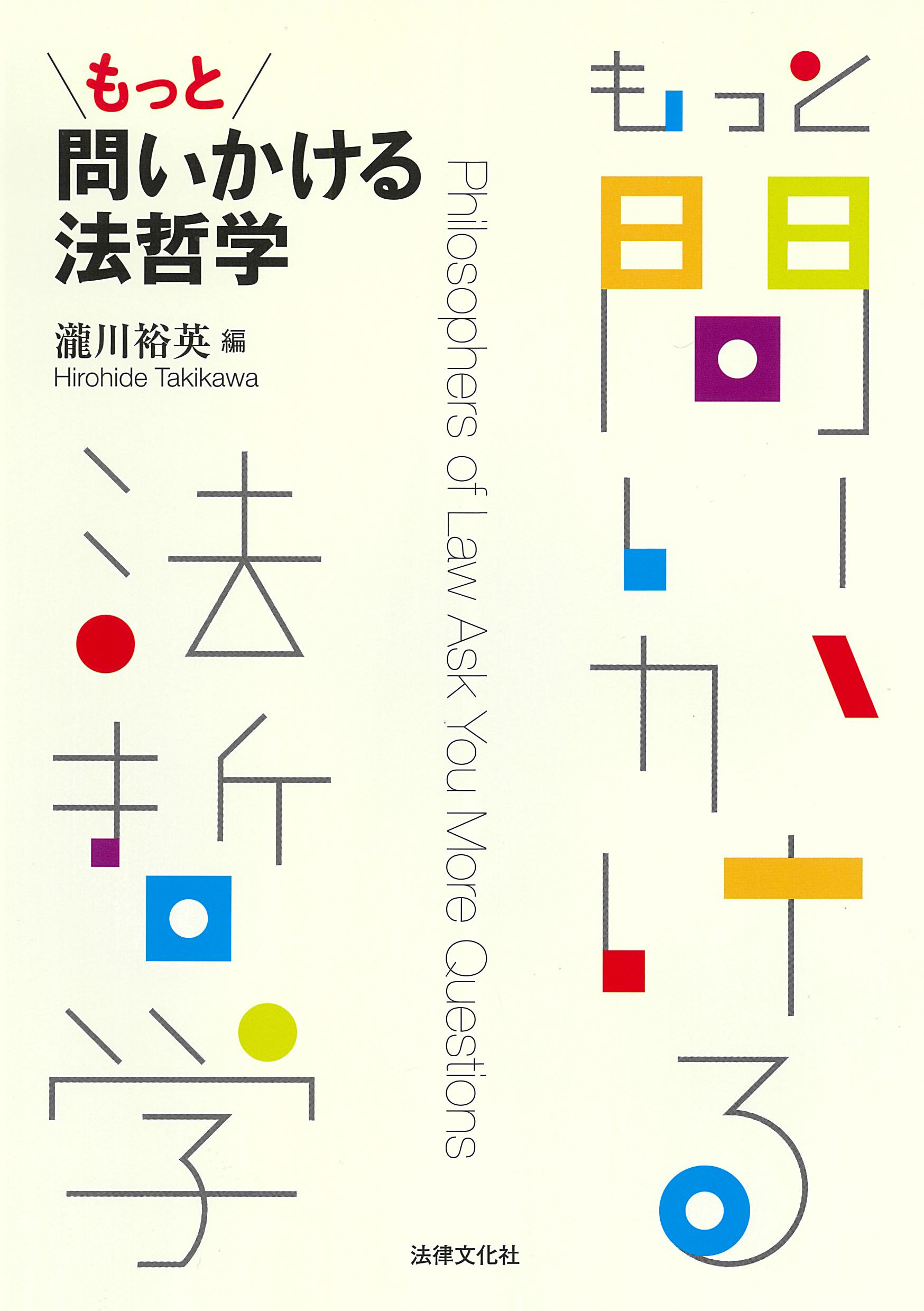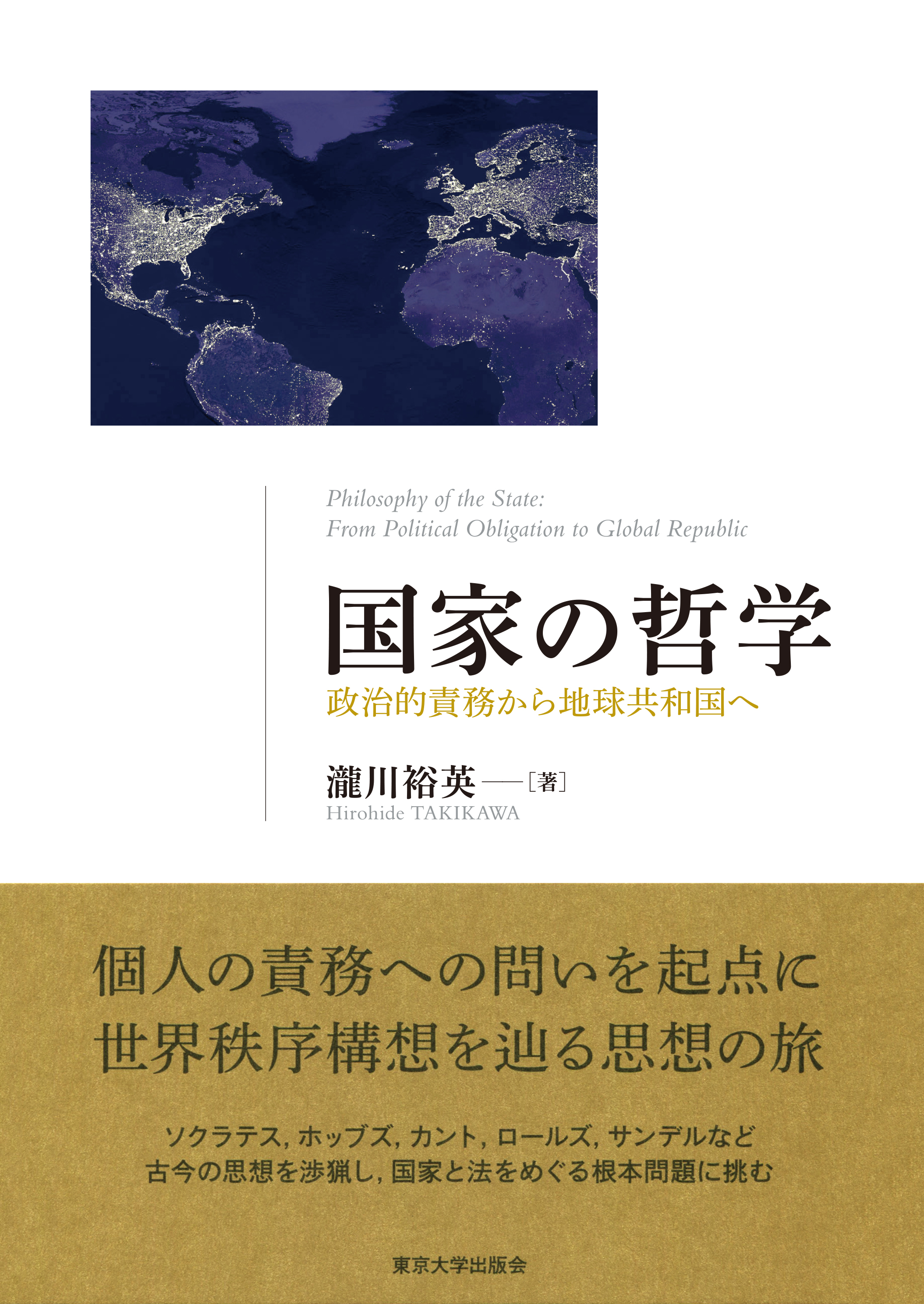
Title
Kokka no Tetsugaku (Philosophy of the State - From Political Obligation to Global Republic)
Size
376 pages, A5 format
Language
Japanese
Released
August 23, 2017
ISBN
978-4-13-031189-2
Published by
University of Tokyo Press
Book Info
See Book Availability at Library
Japanese Page
Why does the state exist? How can the institution of the state be justified? This book aims to re-examine the raison d'être of the state and elucidate its significance.
Behind the question is a skepticism about the state. The world today is faced with a host of problems. The Sustainable Development Goals (SDGs) of the 2030 Agenda for Sustainable Development adopted at the UN Sustainable Development Summit in 2015 contain a list of global challenges, including poverty, hunger, health and well-being, education, gender equality, energy, employment, infrastructure development, inequality, climate change, environmental degradation, refugees, and tax avoidance. Apart from those mentioned in this list, there are a number of other global challenges that await urgent solutions, such as immigration, terrorism, civil war, arms control, and failed state. Since these global challenges are beyond the confines of a single state and affect the entire world, they cannot be dealt with by a single state. Moreover, in many of these challenges, the existence of states appears to rather exacerbate the problem.
Now is the time to question again the classical problem of the state’s raison d'être. As a way to approach this question, this book explores another classical problem of political obligation. The obligation that an individual has to the state is called a political obligation, in the sense that it is an obligation to a body politic. The question of political obligation (whether an individual has a moral obligation to the state and, if so why) has been a fundamental question in the philosophy of law since Socrates, who was sentenced to death according to the verdict he believed to be wrong.
To answer this fundamental question, many theories have hitherto been proposed. By unraveling and carefully analyzing the logical structure of these theories, this book has ultimately arrived at the vision of world order called the global republic. What is lacking in today’s world is a global republic. The conclusion of this book is that the state can only be justified as a provisional state leading to the global republic.
The so-called theory of world government cannot be said to be an accepted theory, as it has been a subject of much criticism. However, the book concludes that, for a state to have legitimacy, it must be able to be understood as a provisional state leading to the global republic. Truly speaking, I never thought that I would reach such a conclusion when I started this research project. I would like to invite you to go through the process with me if you ever have the chance to do so.
(Written by TAKIKAWA Hirohide, Professor, Graduate Schools for Law and Politics / 2020)



 Find a book
Find a book


 eBook
eBook